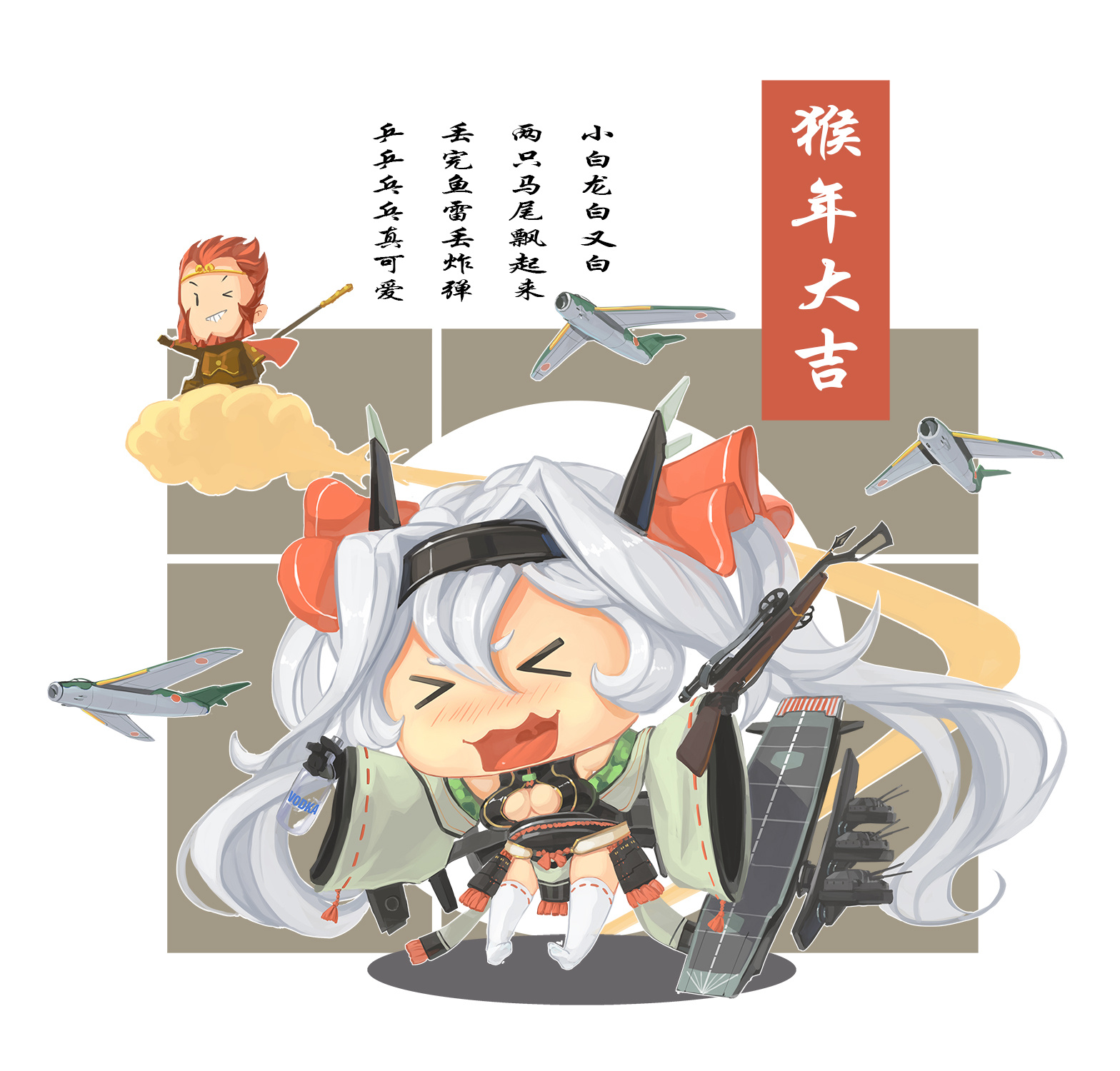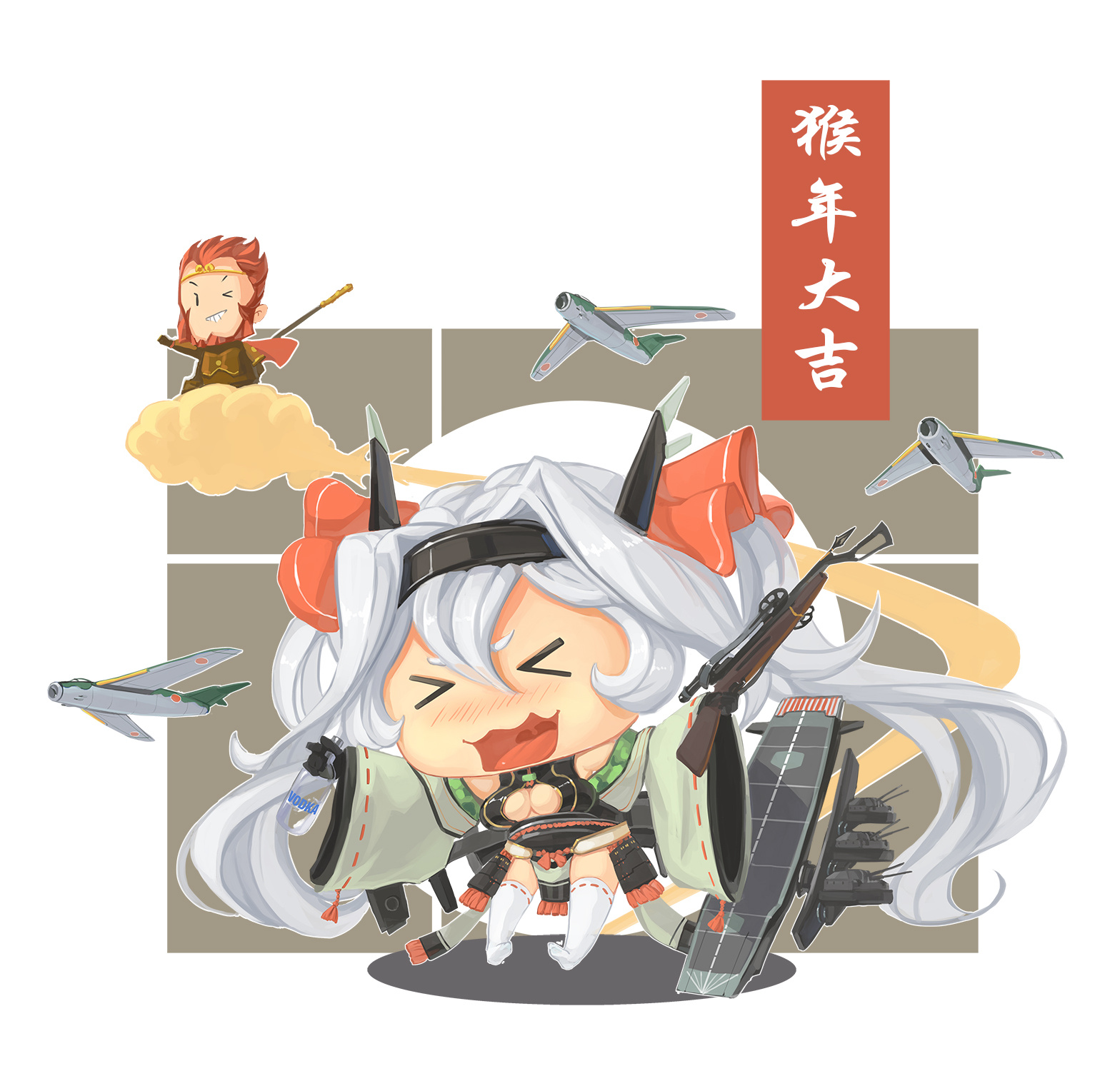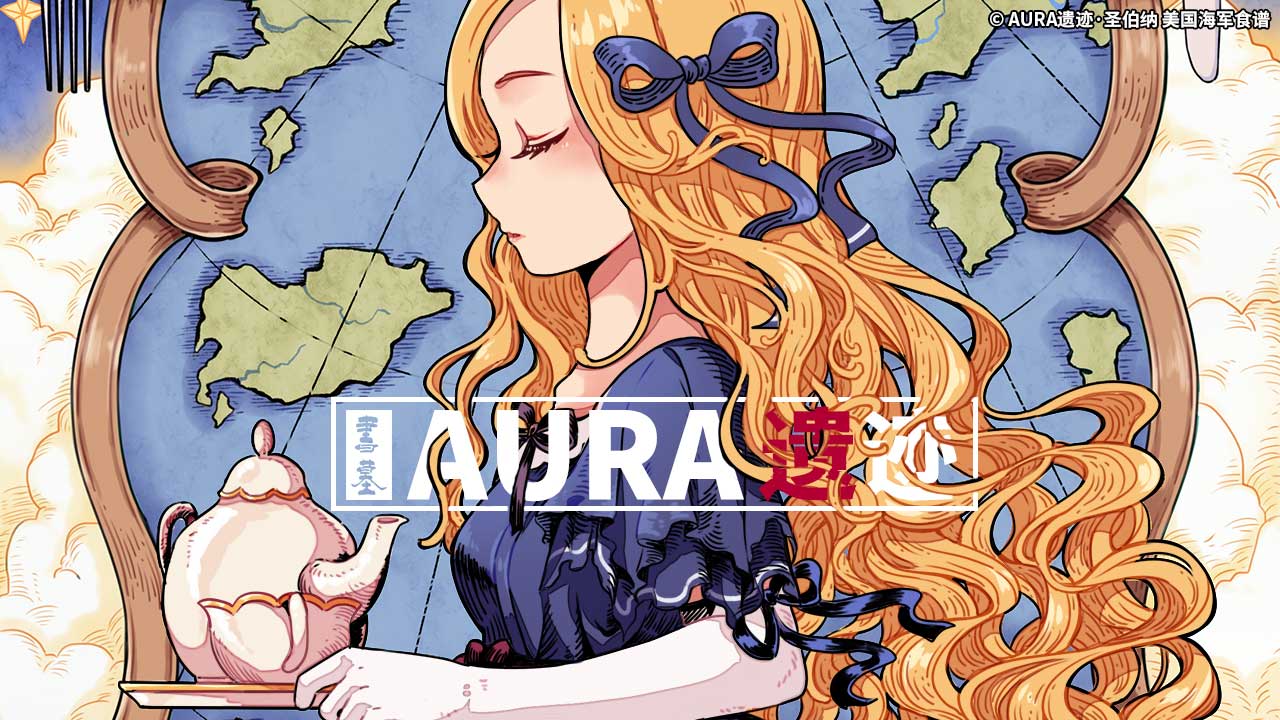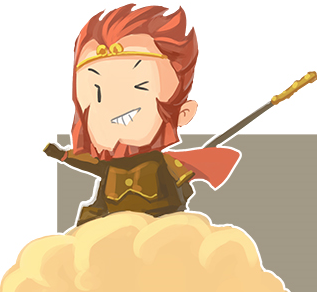春节到啦!我最喜欢庆祝各种节日啦。猴子,来!帮我想点深奥的大道理,变成贺词!
*悄悄话*
不不,这有点太复杂了。我可听不懂这种话啊。大家能懂吗?
*悄悄话*
春节不是家里团结的季节吗?这么多关于钱的东西,你不觉得有点俗吗?
*稍微有点不耐烦的悄悄话*
但人生不是那么简单的啊!猴子你也知道,当人难过的时候说那些一路顺风啊什么的只能让人更难受。
*悄悄话*
嗯嗯,好。我自己来试试吧!
我想读者你别的朋友们肯定会祝你大吉大利,或者恭喜发财,或者万事如意吧!我不是不想祝你这些,但你刚才也看到了。很多这些东西,我不是很明白啦。所以,我祝你在这一年中,你能建立许多值得记忆的经历!猴年快乐!
呃,猴子,你有啥办法能把这个意思凝结成上面那种四个字的成语吗?我想写个对联~
各位猴年快乐!

Hey! It’s Chinese New Year! I love celebrating stuff!
Monkey! Hey! C’mon. Help me figure out something deep to say.
*…*
No, too complicated. What does that even mean anyways?
*…*
That’s kinda trite, right? For a holiday so supposedly focused on unity and family all of these sayings are about money!
*…!!*
But life doesn’t work that way! You can’t just say “good luck” and move on your merry way if they actually need help!
Hey, you know, why don’t I stick to something simple? I bet you’ve got plenty of friends who want to wish you you glory, or money, or accomplishments. I’m not, not-going to wish you that, but see, I don’t get a lot of it. So, I wish that you’ll have plenty of memorable experiences!
Make plenty of great memories in the coming year! Happy Year of the Monkey!
Hey! Monkey! Can you condense that like, down, to one of those super pithy-sounding Chinese sayings? I wanna put it on the wall~

This is the same picture, just made text-less. The little “poem” in Hakuryuu’s picture is a creative little piece by Sima, written in the style and format of a popular nursery rhyme. I have typed out how the poem would sound phonetically, and followed it up with an impromptu translation into English.
Xiao bai long, bai you bai
Little adorable white dragon
Liang zhi ma wei piao qi qi lai
Twin-tails bobbing happily
Diu wan yu lei diu zha dan
Torpedoes and bombs, left and right
Ping ping pang pang zhen ke ai
Kaboom, kaboom! How adorable
Now, you might be going, waitaminute, why is this cute? Let me explain the original text where Sima drew his inspiration from. It’s called “Little white rabbit.”
Xiao bai tu, bai you bai
Little adorable white rabbit
Liang zhi er duo shu qi lai
Two (long) ears standing upright
Ai chi luo bo ai chi cai
Loves eating turnips and vegetables
Beng beng tiao tiao zhen ke ai
Hopping and running, it’s so cute!
The unique syllabic nature of Mandarin Chinese means that the usage of end-rhymes are actually pretty common. A few phonetic things (I’m no actual linguist, so please correct me, Chinese speakers) to comment. In the original poem, the term “bai” can be used to mean any number of things. The repetition of the term “bai you bai” is really for cuteness, and to emphasize to the child a “property” of the rabbit (the rabbit is called “little white rabbit” or that the rabbit’s fur is white etc). In fact, the poem frequently uses repetition to the same effect.
According to Sima, it really wasn’t too difficult. Replace something integral (ears) with something integral to Hakuryuu (twintails), and describe an action that’s connected to the character, and there you have it! A cute little poem.
Please note that Sima under no circumstances ever suggested that I gave a long, drawn-out explanation as such. I just, for lack of a better term, was really happy that I got the references after thinking about it for an hour.
The team would like to wish everyone a happy Lunar (Chinese) New Year!

